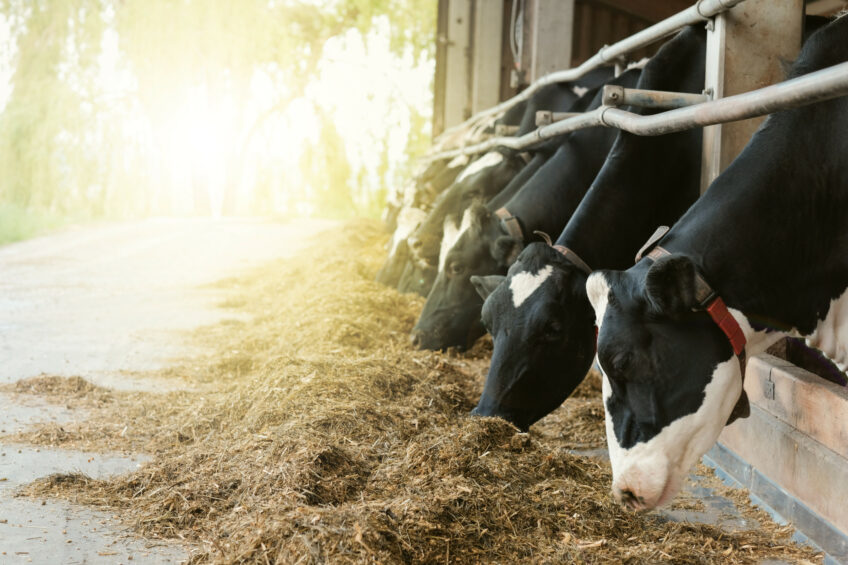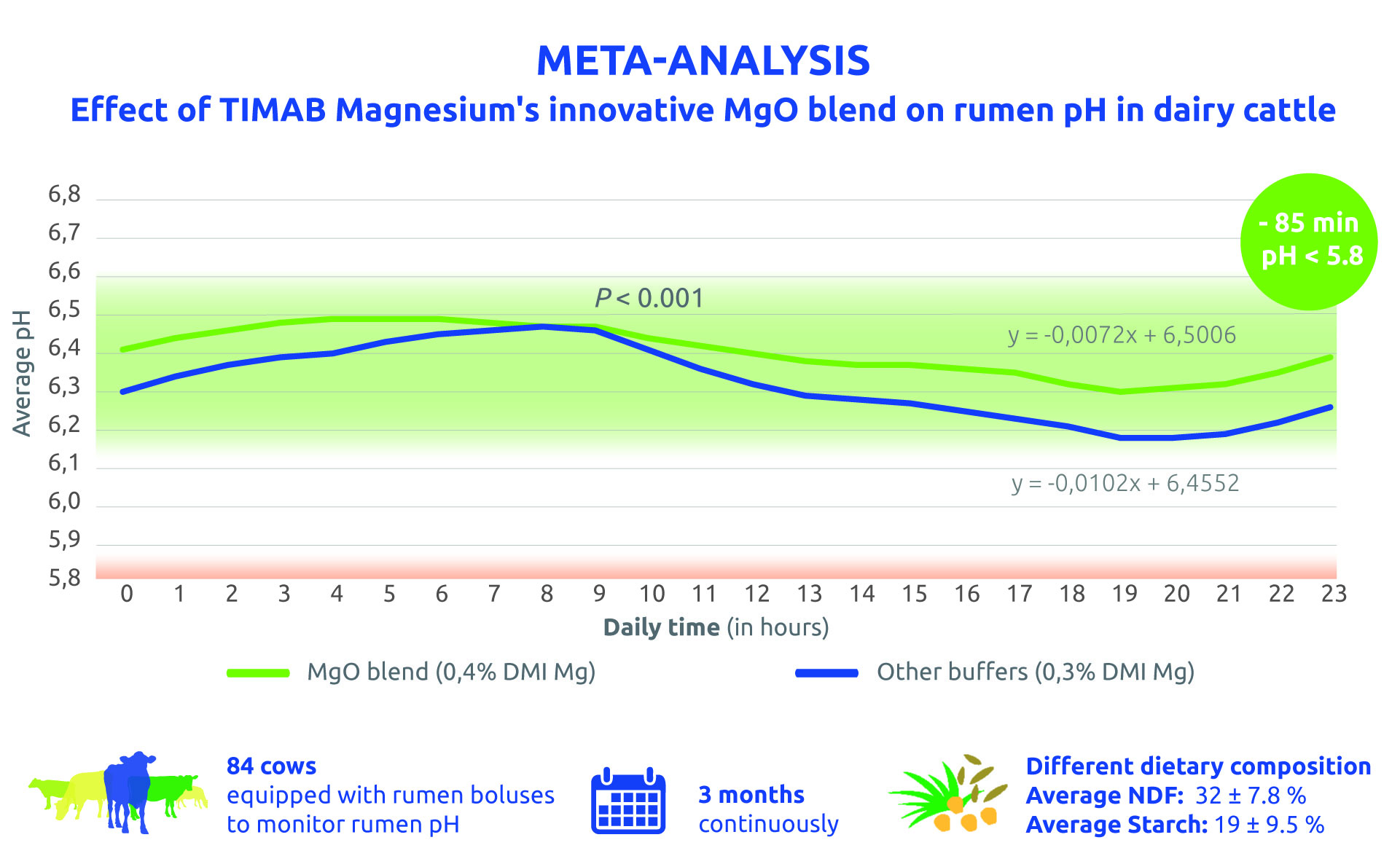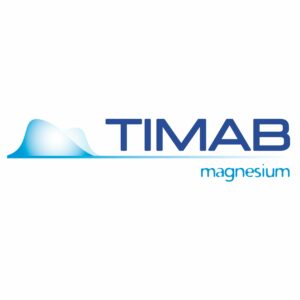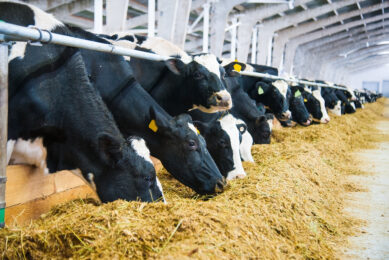The heat stress challenge: How can magnesium help?

Heat stress in livestock farming occurs when high temperatures are coupled with elevated humidity, leading to reduced feed intake, lower productivity, and health complications. Magnesium can play a significant role in combatting the effects of heat stress.
The severity of heat stress is measured using the Temperature-Humidity Index (THI), with mild stress beginning at THI 72, severe stress at THI 83, and extreme stress above THI 84. Under these conditions, dairy cows can lose 10-25% of their milk yield, with production affected for 2-8 days, and have diminished fertility for up to 5 weeks. Similarly, feedlot cattle experience reduced daily weight gain and lower feed efficiency, negatively impacting profitability.
Strategies to manage heat stress
Farmers can adopt various strategies to mitigate heat stress. Environmental adjustments, such as providing shade, improving barn ventilation and using sprinkler or misting systems, help dissipate heat. Handling animals during the cooler hours also reduces stress and energy demands.
Nutritional strategies are also crucial as dry matter intake can be reduced by 8-12% from THI 72. Increasing ration energy density with digestible feed ensures adequate nutrition despite lower intake, while adapting feeding schedules to the cooler hours. Electrolyte supplementation with sodium, potassium, and chloride supports hydration and prevents metabolic disorders such as respiratory alkalosis. Sodium and potassium enhance dietary cation-anion difference (DCAD), counteracting blood pH imbalances from excessive CO₂ loss. Antioxidants could also help reduce oxidative stress.
Acidosis under heat stress
While heat-stressed cattle primarily face respiratory alkalosis due to CO₂ loss from panting, they are also at greater risk of subacute ruminal acidosis (SARA). Reduced intake of physically effective fibre lowers rumination and saliva production, which lowers ruminal buffering and decreases pH. Additionally, heat stress is often compensated by selecting more highly fermentable feeds, which increase volatile fatty acid production and acidosis risk. As shown in Figure 1, Timab Magnesium innovative magnesium oxide blend efficiently stabilises rumen pH and reduces time spent below 5,8.

Magnesium: A key nutrient
Magnesium plays a crucial role in mitigating heat stress by supporting muscle relaxation and nervous system function. Under heat stress, cortisol levels rise, which increases magnesium excretion and deficiency risk, which is enhanced by a reductio of magnesium absorption due to increased dietary potassium. In dairy cows, suboptimal magnesium levels contribute to subclinical hypocalcaemia, compromising productivity and immune function. Recommended magnesium levels range from 0.40% of dry matter for lactating cows and 0.25% for growing beef cattle under heat stress.
To ensure optimal magnesium intake, rations can be supplemented with highly bioavailable sources such as Timab Magnesium’s innovative magnesium oxide blend. This formulation supports neuromuscular function, maintains electrolyte balance, and mitigates heat stress effects.
Conclusion
Heat stress remains a major challenge for cattle productivity and well-being. Effective management strategies, including environmental controls and tailored nutrition, are essential. Magnesium also helps to reduce stress, support muscle function and maintain acid-base balance. Prioritising a highly soluble magnesium source with fast and long-lasting release that stabilises rumen pH ensures optimal levels and sustaining performance under heat stress conditions.
Join 13,000+ subscribers
Subscribe to our newsletter to stay updated about all the need-to-know content in the dairy sector, two times a week.



